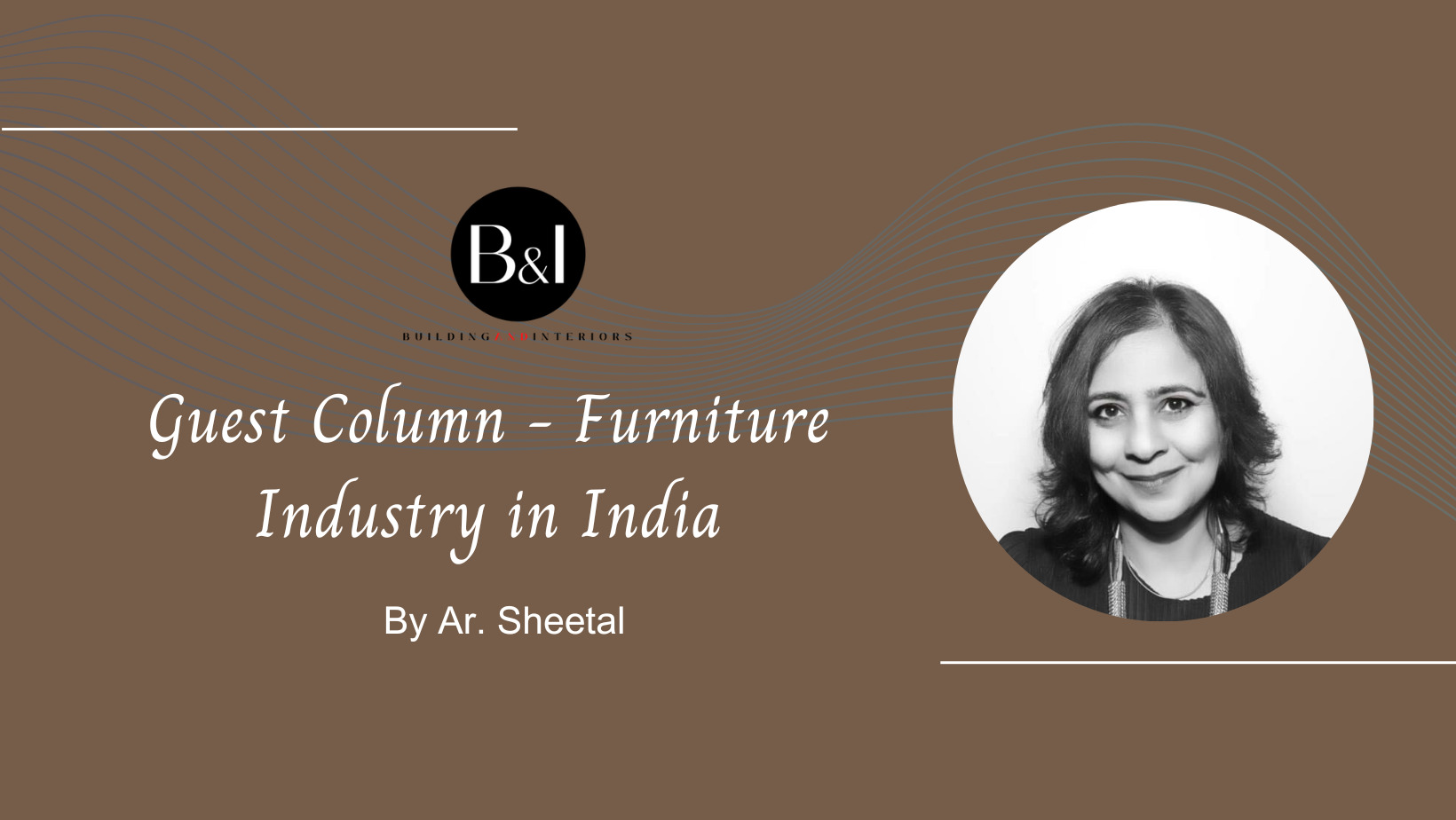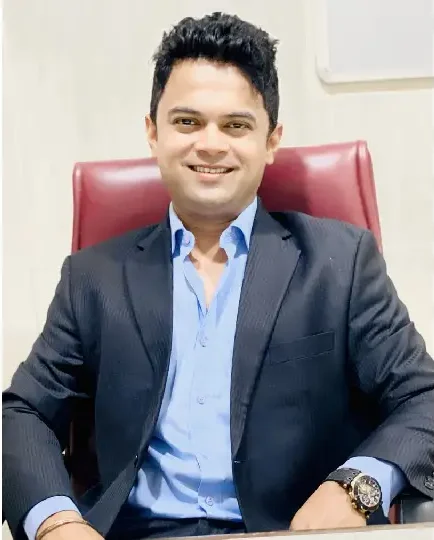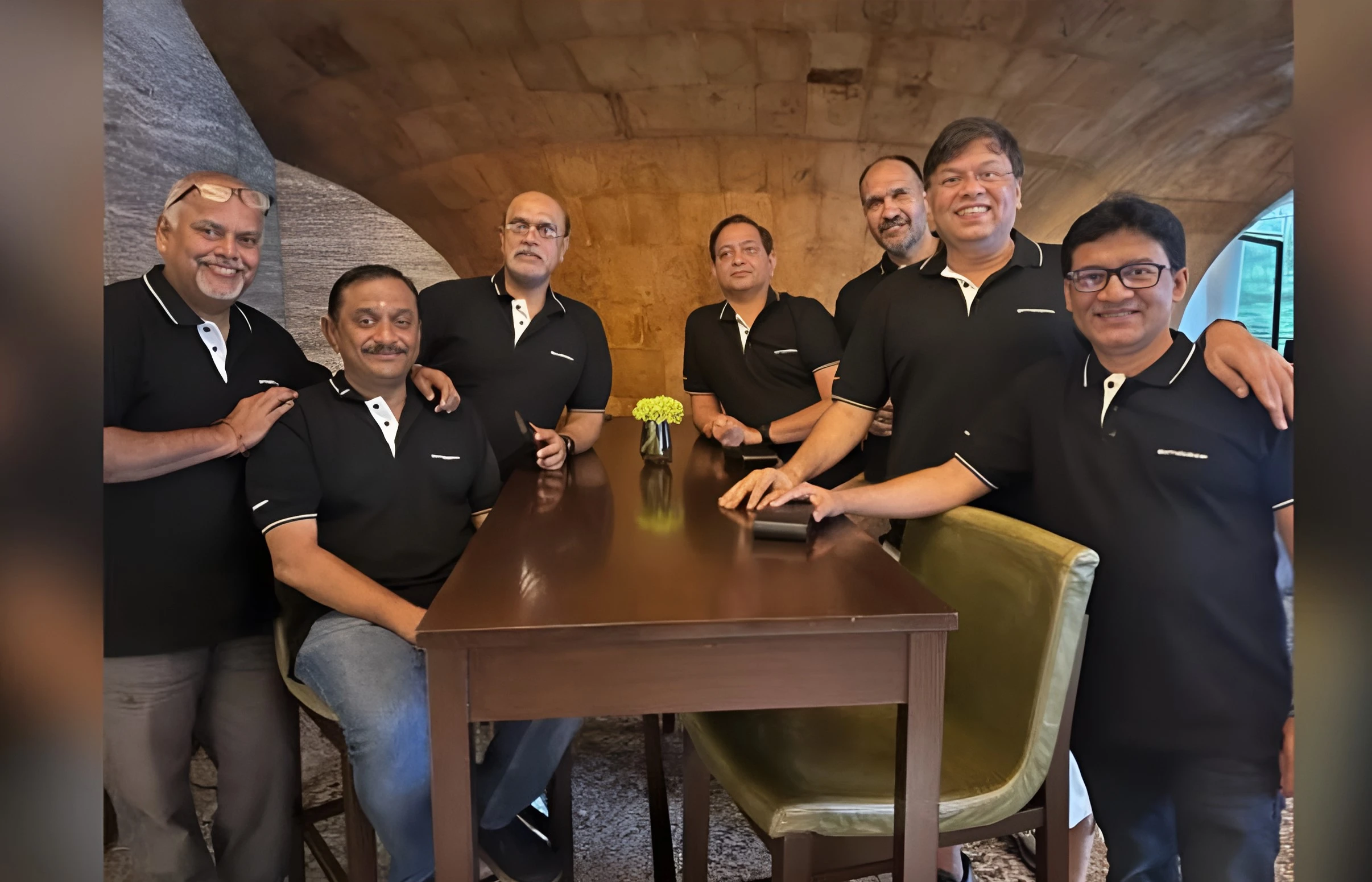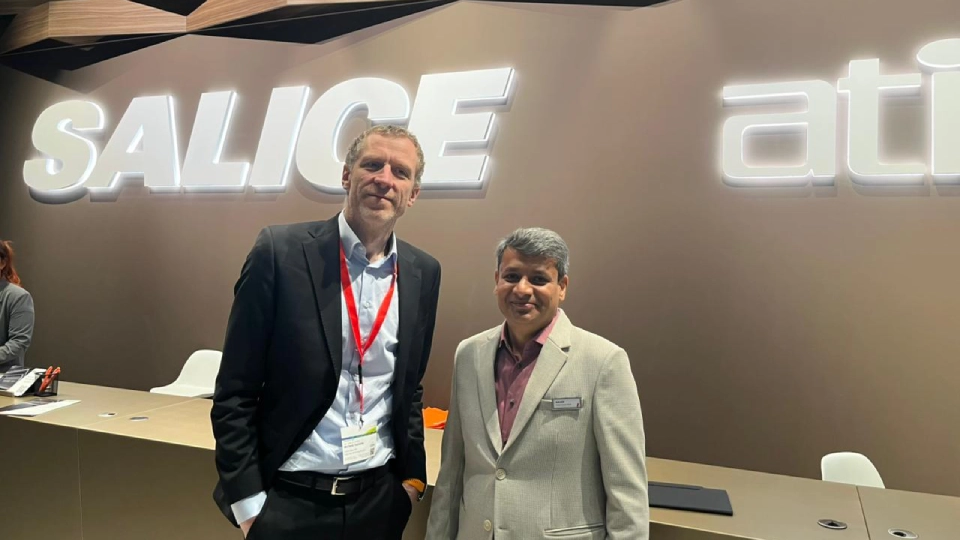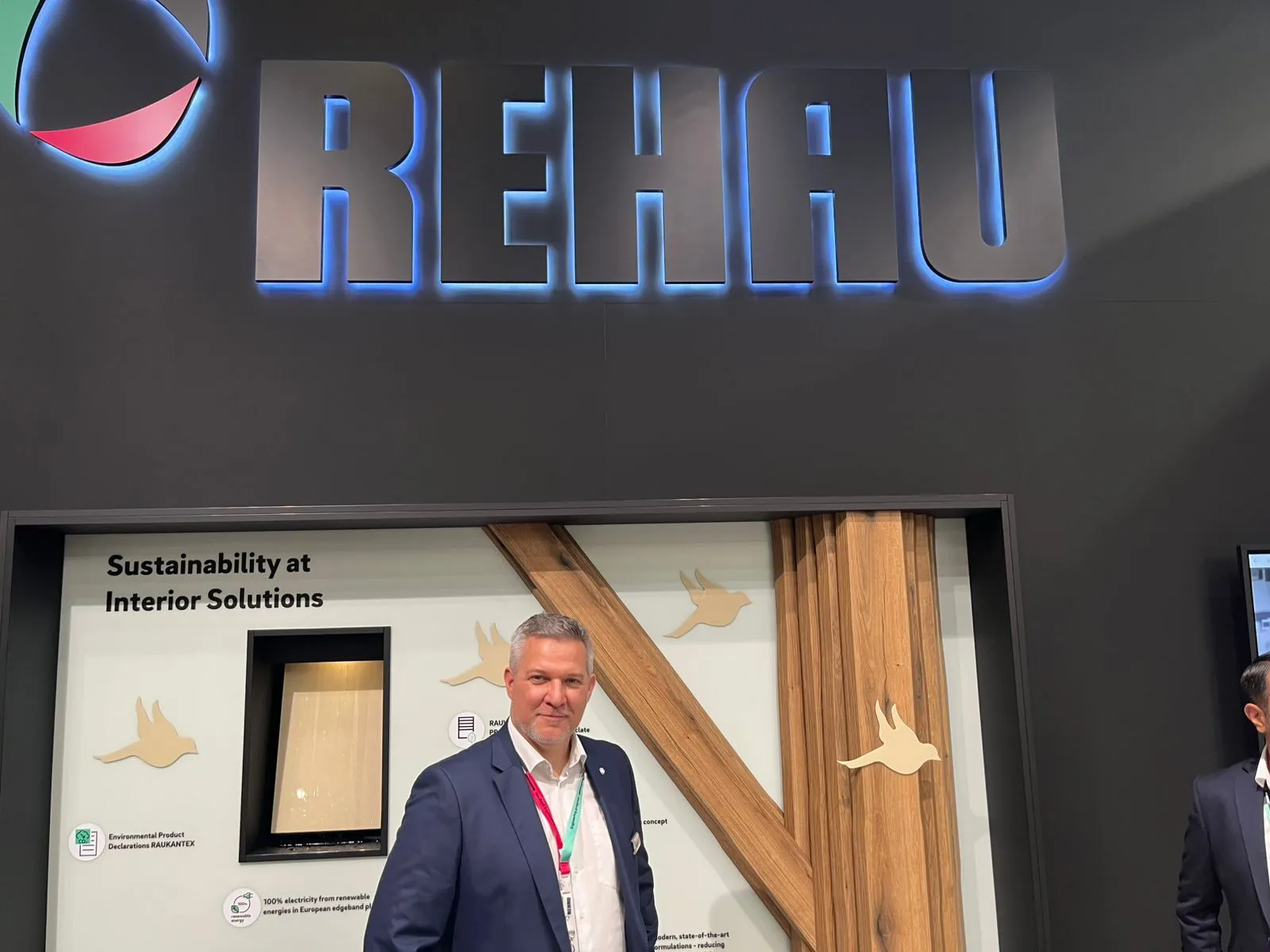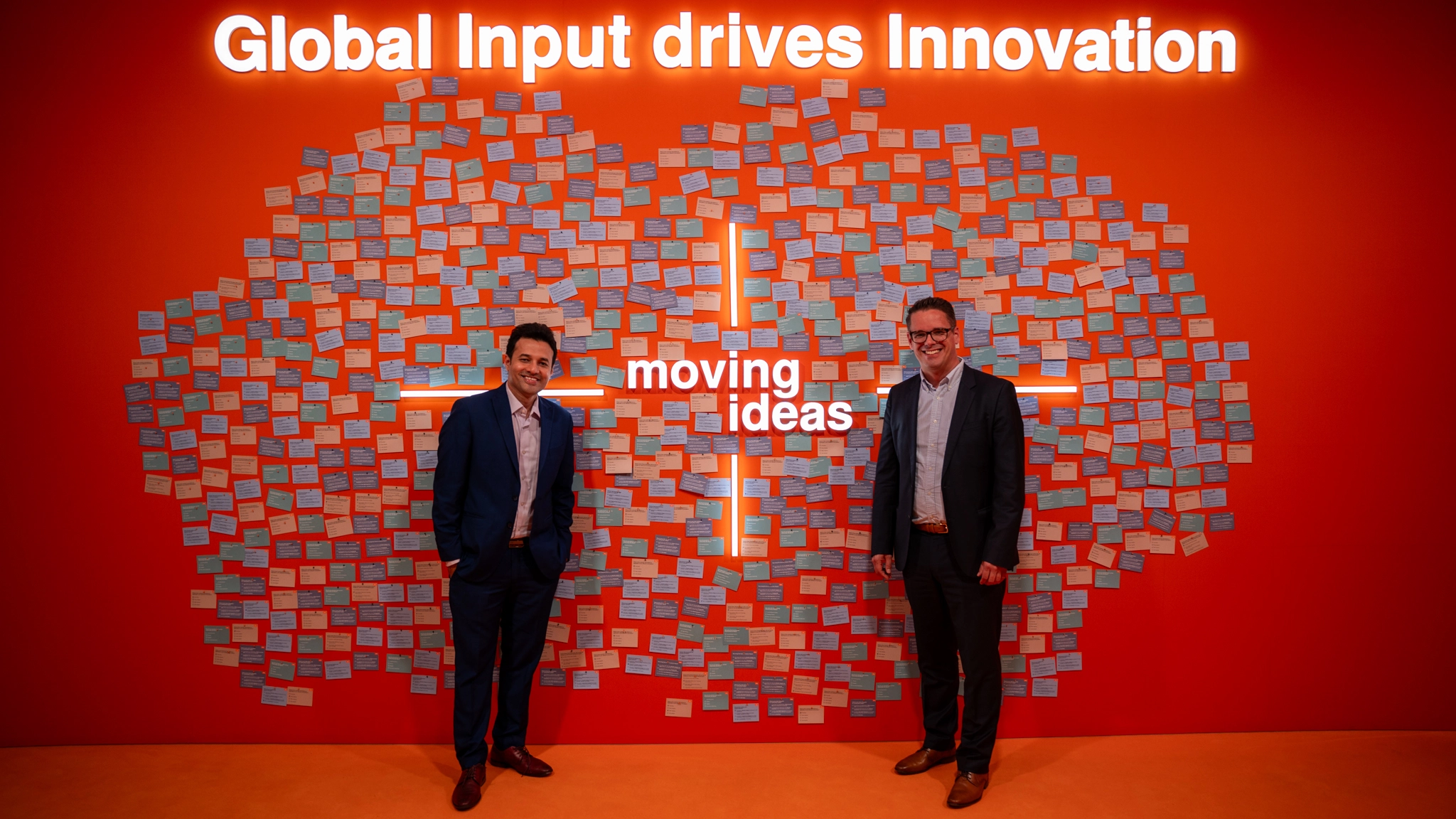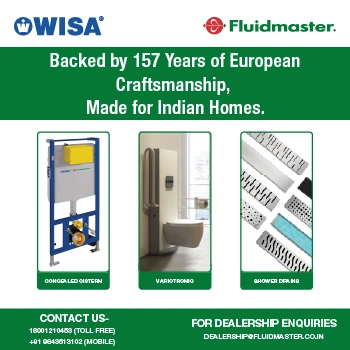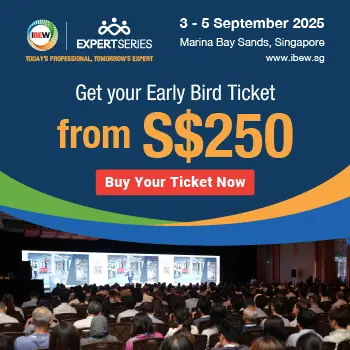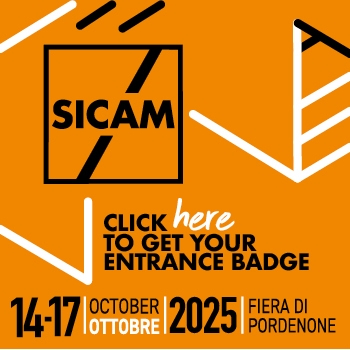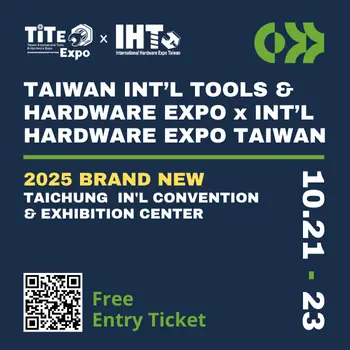Hettich’s is one of the most visited booths at Interzum in Cologne, Germany. This year’s edition was no different. BuildingandInteriors met Andre Eckholt, Managing Director, Hettich India and Rahul Thakkar, Director – Sales, for an interesting discussion on the emerging trends and the way forward for this furniture solutions industry major.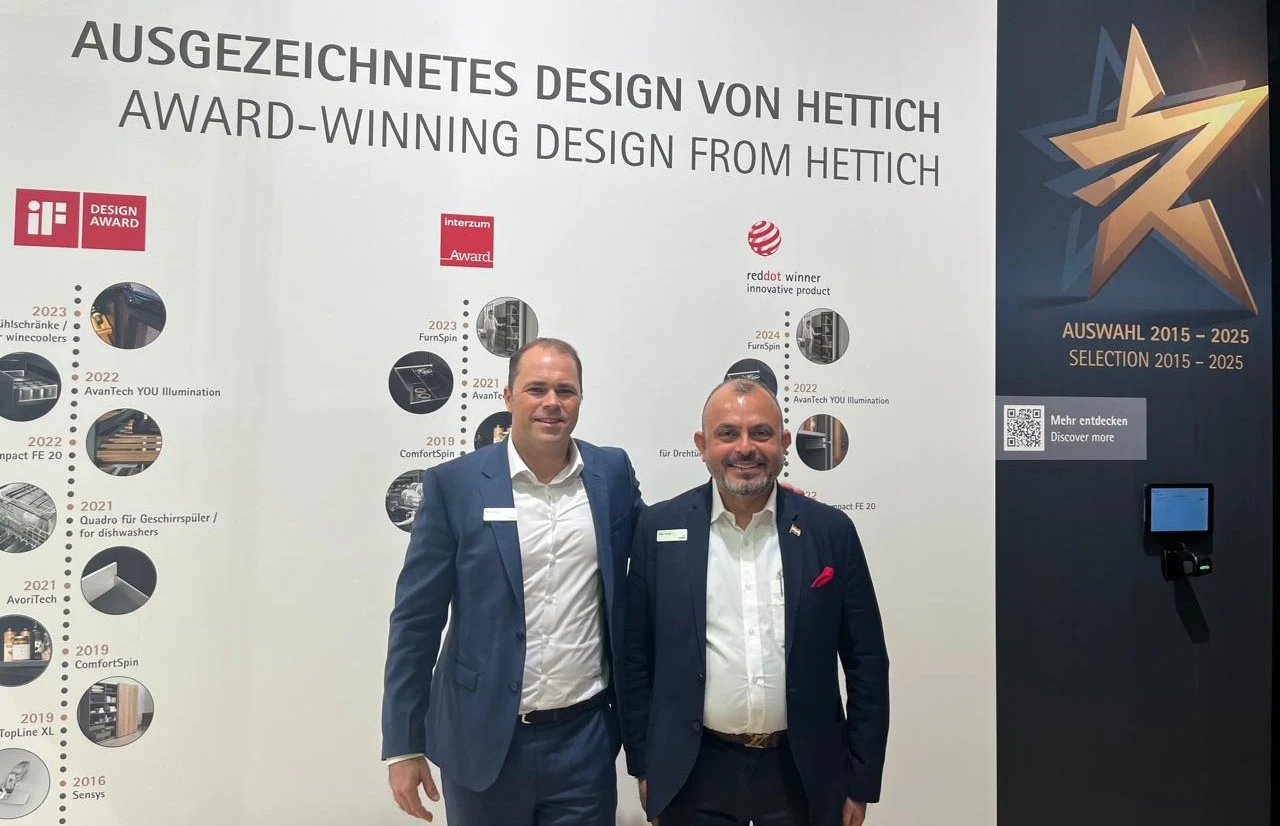
B&I: How is Hettich positioned in a complex market like India?
Andre Eckholt: Hettich, as an organisation, is engineering-driven. Over the company’s history of 137 years, the organisation has been shaped by great engineers. The entire Hettich family in the business are engineers. They are professionals in terms of developing, designing and setting new standards and benchmarks in our industry. In principle, we as an organisation, see ourselves as the solution provider to our industries – solutions driven by innovation. This is also reflected in the award-winning designs introduced by Hettich. All of this comes on the back of the Made in Germany DNA, which also points to our uncompromising commitment to quality.
Unlike most other brands in India, we are not sourcing from China and selling in India. Even today, 90% of solutions in our portfolio are coming from Germany.
B&I: Hettich’s booth is seen with great interest by the industry at every Interzum. So, what are the areas of interest at this edition?
Andre Eckholt: Carrying on with our tradition of innovation at every Interzum, the 2025 edition is all about ‘spinning solutions’ from Hettich. It’s about transforming spaces, be it in homes, offices, or other commercial spaces. Imagine being able to spin around an entire living room or bedroom. We’re addressing the challenges of urbanisation through such solutions. Cities like Mumbai, Delhi, Bangalore, and Hyderabad are expanding either vertically or horizontally, and transforming available room spaces is emerging as a big trend. Maximising space utilisation through transformation is what the market demands. In addition, individualisation is key today. Consumers want something unique, something different from their neighbours.
These are some of the core application areas. When it comes to products, the entire market is talking about slim drawer systems. In response, we’re introducing a futuristic and ultra-luxury product called Avoritech. It is a true slim drawer system with just 8mm thickness. This is yet to be launched in India. We have been in an exclusive collaboration with Poggenpohl – a leading premium kitchen brand for these solutions. Now, these solutions are available for global distribution, and we plan to bring these to India soon.
In the next segment, we offer AvanTech YOU with illumination features and a wide range of customisation options. Alongside, we have ArciTech and Atira, completing our comprehensive drawer system family. We cover everything from slim, luxurious designs to muscular, straight-line drawer systems. I believe these solutions represent the state-of-the-art in the furniture solutions industry today. Additionally, we have some new hinges this year.
Lastly, what’s also important for us as a 137-year-old company is sustainability, which is all encompassing – over materials, partnerships, carbon emissions, etc. We are cooperating with steel mills very aggressively to meet our sustainability goals. By 2030, we have a target to go carbon neutral as an organisation worldwide. Our factories in Vadodara and Indore will soon be carbon neutral.
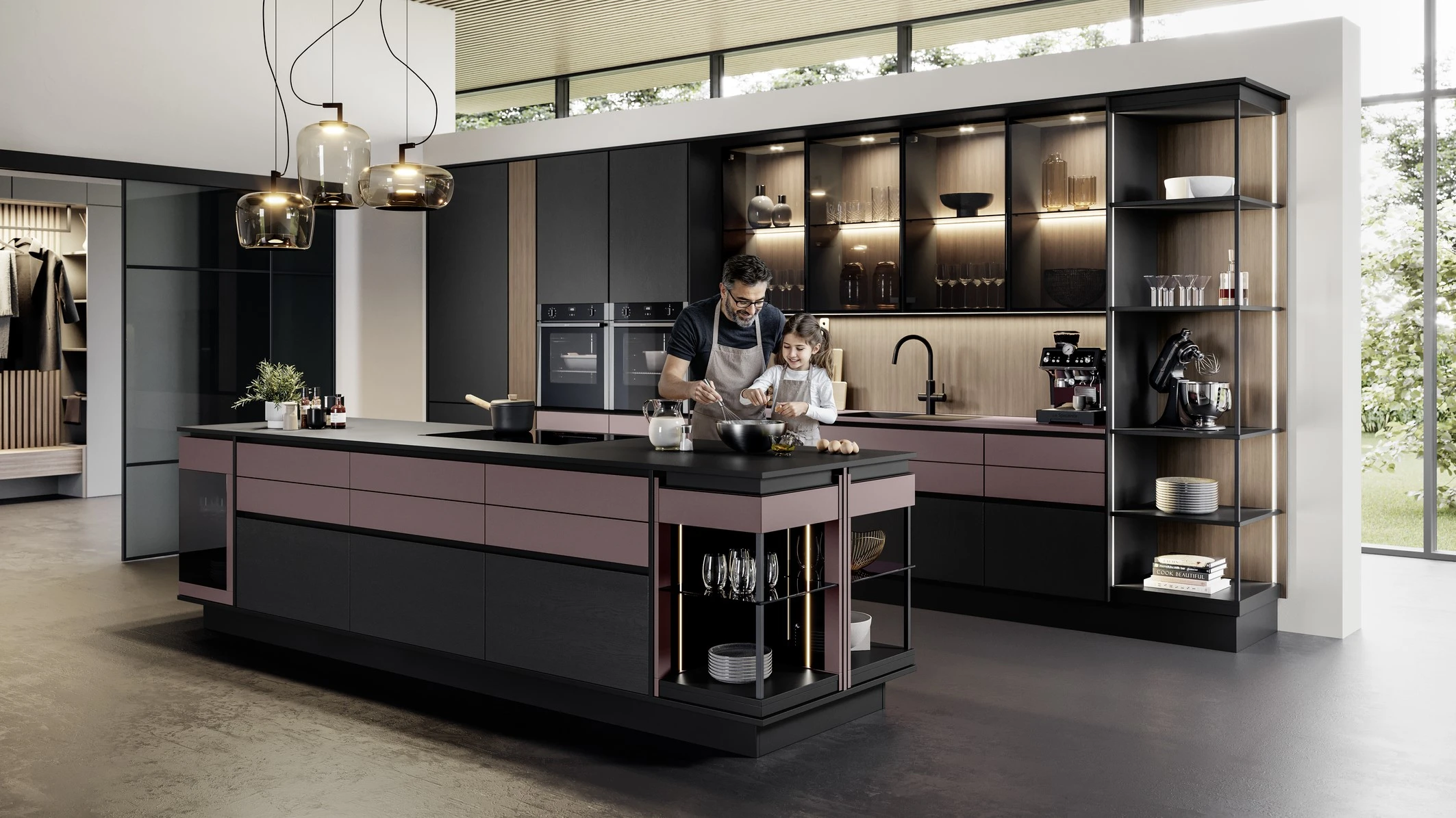
Rahul Thakkar: Transformation of spaces is our area of interest. We are enabling architects and designers to achieve their creativity objectives via our solutions. Working on a minimalistic design is something which is in vogue. Minimalism is not only about a minimal design language but also about using fewer materials. New launches from Hettich at Interzum 2025 are great solutions in that direction.
With ‘spinning’ solutions, we’re focusing on making life easier through Hettich hardware. It’s not just about aesthetics; it’s about practical, real-world solutions for everyday challenges.
B&I: How do you see the BIS guidelines shaping the furniture solutions industry in India?
Andre Eckholt: BIS is a tool to make sure that investments are happening in India, and given the manufacturing aspect of it, will generate employment opportunities in India. So, from a mid and long-term perspective, it helps India become more competitive on a global scale, because BIS is also ensuring that it is harmonising with international standards. The BIS situation is helping companies like Hettich, which have manufacturing facilities in India, to feel motivated to invest even more in India. According to me, it’s a step in the right direction.
We are also part of the BIS committee, which is making standards for our industry. On the German side, we have a person in our organisation who is part of the committee of the ISO, and we bring them together. So, we make sure that whatever we are producing in India, and the industry is producing in India, it’s following the same standards as in the rest of the world, and becoming more and more competitive. So, Made in India and Made for the World is definitely a great initiative. Having said that, there are headwinds for the Indian market from the supply-chain perspective. Most of our competitors are sourcing from China. So, obviously, this is creating some shortages in the market.
B&I: How do you see the global supply-chain rearrangements helping a country like India?
Andre Eckholt: Increasingly, we are all talking of the China+1 model. This +1 is India. At the moment, the current US government is helping India made products. We are also exploring the US market actively for supplying from our world-class factories that we have in India. We have the potential to be a big draw for the furniture industry worldwide to buy from India. The only rider is that we have to play our cards, as a country, well. If we set up global standards in manufacturing in India (and BIS has a big role to play here!), we can generate volumes and become cost-competitive.
B&I: How do you see the role of technology in the furniture solutions industry?
Andre Eckholt: The furniture solutions or the components industry is, by its very nature, a functional and somewhat traditional space. From the consumer’s perspective, about 99% of the solutions in the market are still mechanical. However, as we move forward, the importance of smart homes and the integration of digitalisation cannot be overlooked. Technology is increasingly becoming an enabler, helping us move beyond purely mechanical functions to smarter, more connected solutions.
Even what are traditionally considered ‘functional’ solutions in furniture are, from an engineering standpoint, deeply technical. In terms of engineering, a lot of R&D goes into making these solutions. Being more specific on technology in the way these solutions work, Halemeier is one such technology solution company which Hettich acquired. We do all kinds of furniture and LED lighting within Halemeier. Now, we are also offering furniture lighting and LED solutions from India.
Rahul Thakkar: We are already far ahead of what much of the industry is doing in terms of technology integration. That said, our goal is to make these advanced solutions more accessible and affordable, so that a wider segment of the population can connect with us and benefit from them.
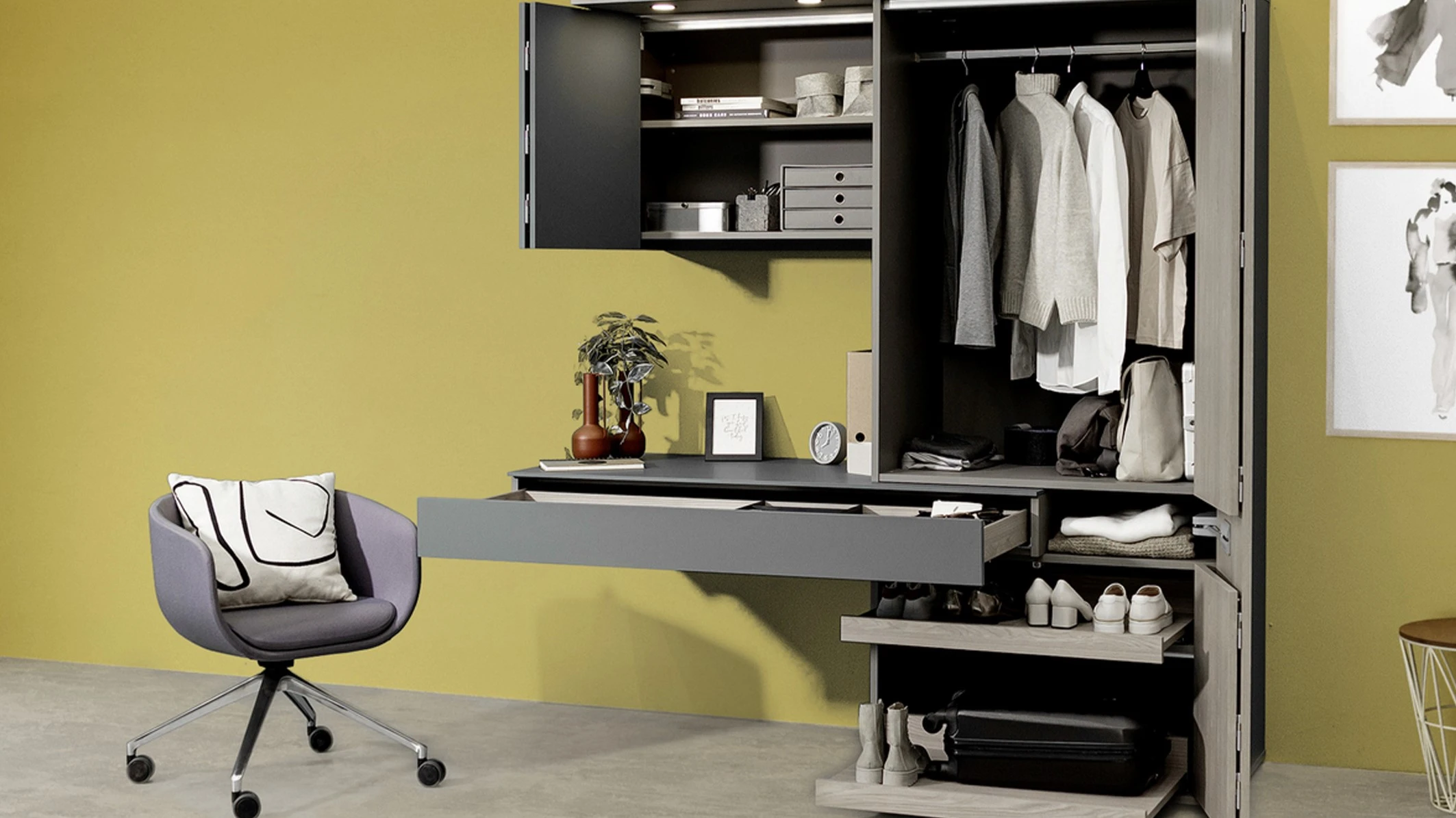
B&I: Hettich now has over 2 decades of experience in India. What are some of the challenges you still see in this market?
Andre Eckholt: A majority of the Indian market is still unorganised with a 65-70% share. This is the biggest challenge. Upskilling the system integrators, including carpenters, is another challenge. We have a beautiful portfolio of solutions. These also include some more technical ones, like the sliding door solutions. It’s a bit tricky to install such solutions. So, we keep discussing internally how to upskill carpenters to install such solutions.
We have the Hettich Poddar Wood Working Institute, which is an upskilling initiative. We have been quite successful in adding to the skillset of the carpenters via this initiative. While there are challenges, we see a lot of opportunities in the Indian market. Our dealers have also started thinking about how they can add more value to the customers they serve. Some have entered into manufacturing and are now OEM buyers for Hettich. We are extremely proud of the dealers we work with because their enterprising nature strengthens our relationship with them. I am pretty sure that such moves will make the market more organised.
B&I: How do you think the India market is going to shape for brands like Hettich? Would it be a B2B or a B2C market?
Andre Eckholt: The India market is becoming more organised. As a logical step in this change, smaller players are merging with each other. Organisation sizes are becoming bigger, and we will have larger OEMs going forward. These bigger OEMs will have their own brand interests in focus. That’s exactly how things are in Europe. For example, companies like Mobilia and Haecker — the big kitchen manufacturers — want their brand to be the focus, and it’s less about Hettich or any other supplier. In India, I believe, over the next 5-10 years, we will see a strong B2B2C environment. As the market and OEMs grow, the way B2C value is expressed may evolve, but brands with strong end-customer connect, like Hettich, will continue to benefit. Their strong recall will transform into something similar to what you see with processors in the computer industry. Like a ‘Hettich Inside’.
India's growing furniture industry: Challenges & opportunities
Over the past decade, India has witnessed a remarkable surge in its furniture industry, largely propelled by the 'Make in Ind









